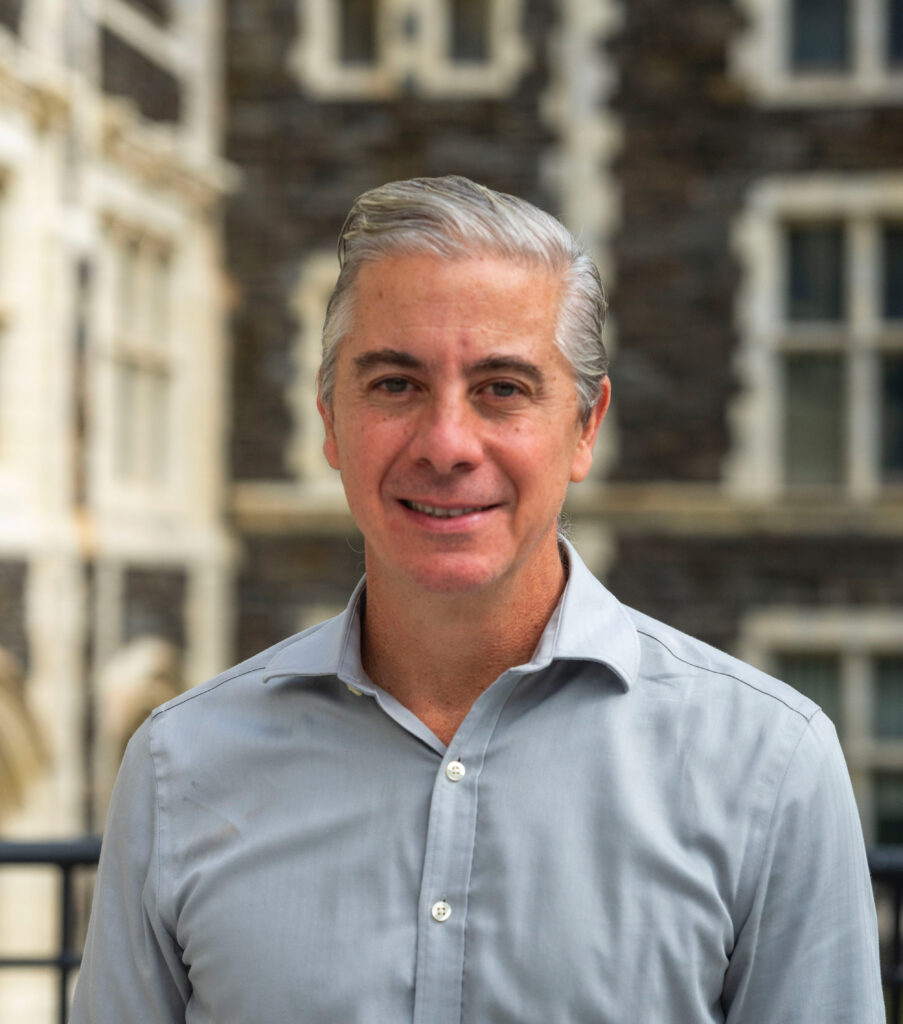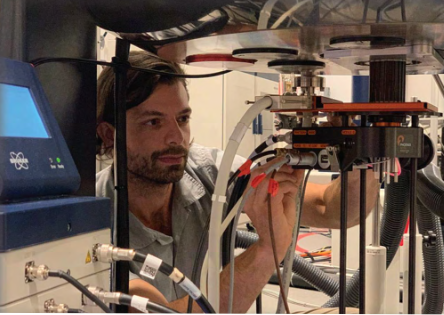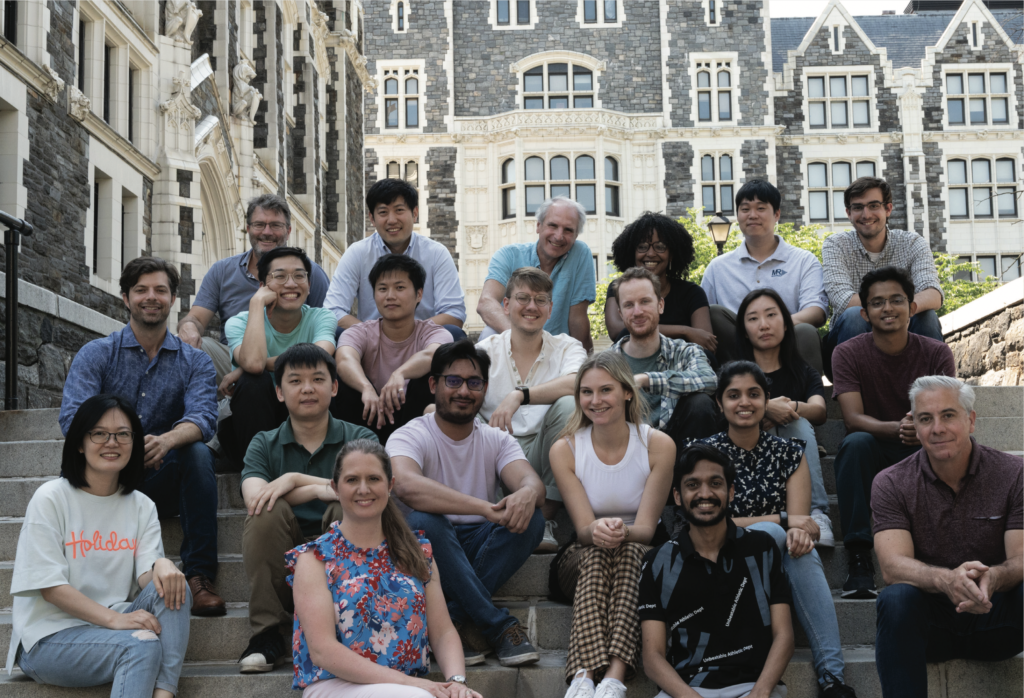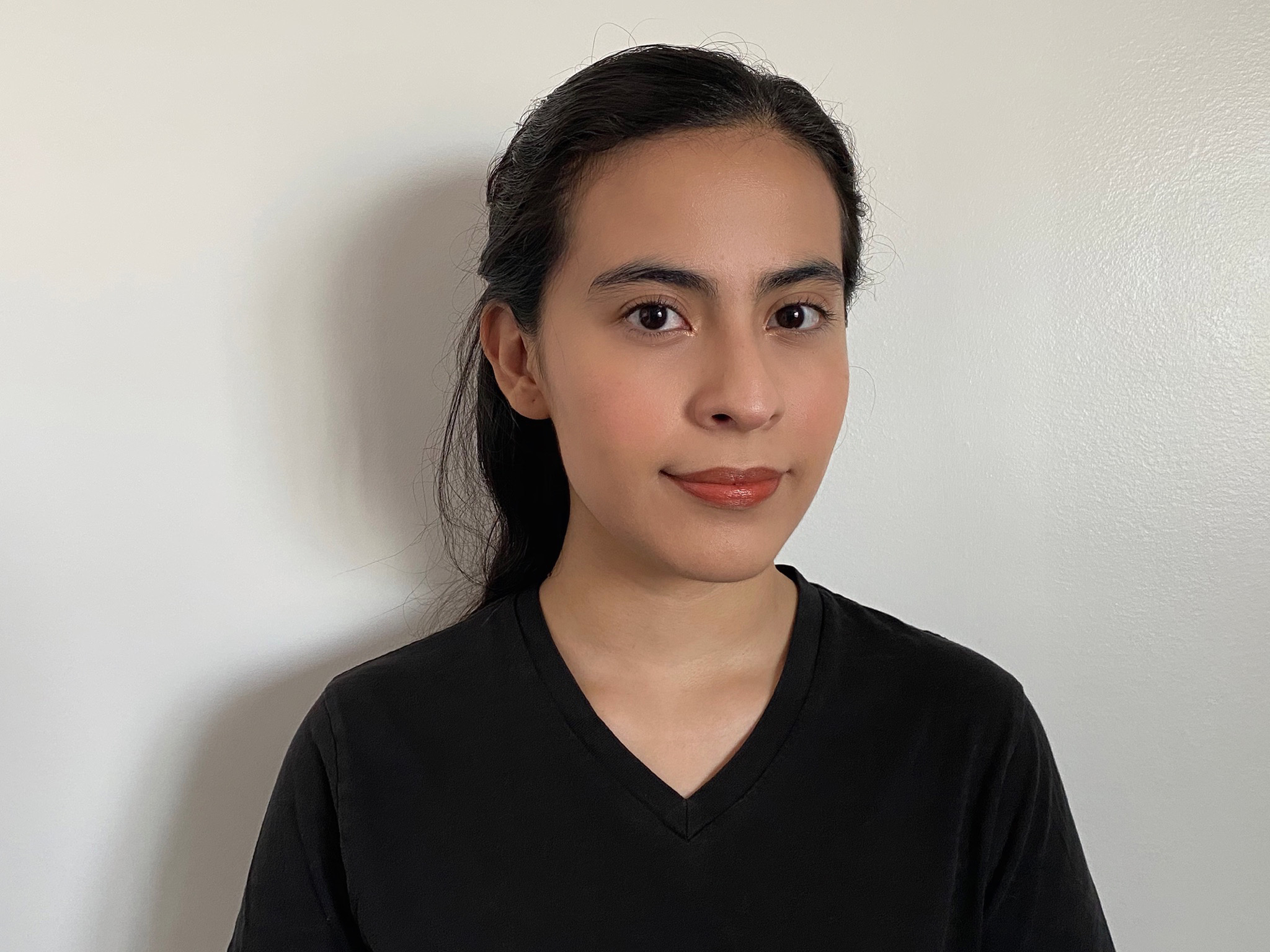Dr. Marco J. Castaldi chairs the Chemical Engineering Department of City College’s Grove School of Engineering. With a distinguished career spanning over a decade at CCNY and in his first year as chairman, Castaldi oversees the department’s activities, working to ensure they remain at the forefront of innovative research.

Dr. Marco J. Castaldi. Photo: Courtesy of Dr. Castaldi.
Castaldi’s journey into the world of engineering began with an opportunity during high school. While growing up in the Bronx, he recalls participating in an introductory engineering program at Manhattan College, where curious high school students delved into engineering concepts on Saturday mornings.
This early exposure ignited his interest, ultimately shaping his path toward a career in chemical engineering. Now, Castaldi’s research and work cover a spectrum of topics, including harnessing energy from waste materials and gases (i.e., landfill gas) and catalyzing the conversion of pyrolysis oils derived from plastics into plastic-precursor monomers.
His administrative journey at CCNY started in 2012, initially serving as director of the Environmental Engineering program for six years. He then transitioned seamlessly into the role of chairman of the Chemical Engineering Department, a position he assumed due to the supportive atmosphere within the school and faculty members who nominated him.
“The department is a very collegial group. They participate in all aspects, from committees to teaching, to engaging with students,” Castaldi said.
The department distinguishes itself with a focus on fundamental research and an emphasis on forward-looking applications. The 14 faculty members in the department align their research into three main categories: energy and environment, materials and interfaces, and biomolecules & biotechnology.
“What makes us unique is we look at fundamental processes but also have real applications, which can then possibly get commercialized,” Castaldi said. “This is something a lot of schools don’t have the opportunity to achieve, but we do.”
Notable collaborations within the department exemplify this uniqueness. Professors Sanjoy Banerjee and Alexander Couzis, for instance, bridge the gap between fundamental research and practical applications, creating a company called Urban Electrical Power, which specializes in rechargeable alkaline batteries for a future with clean, renewable energy.

ChE faculty Prof. Rob J. Messinger operating a spectroscopy. Photo: Courtesy of Dr. Castaldi.
Other recent projects Castaldi highlighted in his department are a NASA grant focusing on energy transfer in batteries for harsh environments as well as a collaboration with the U.S. Department of Energy to extract critical elements from waste streams, reducing reliance on imports.
The department’s collaborative spirit extends beyond research, fostering a united environment. Cross-disciplinary collaborations among faculty members fuel innovative projects and attract industry attention. It benefits both undergraduate and graduate students, offering them a rich learning experience and exposure to diverse applications in the field.
“It allows students to have a very deep bench. If their advisor doesn’t have all the answers, they are working with another faculty member who is an expert,” Castaldi said. “There’s really no downside to a united and cooperative community.”
Students in the Chemical Engineering Department engage in applied real-world problem-solving throughout their whole academic journey, with some even launching their own companies after graduation — one example, alumna Gabrielle Abizeid’s company NanoSieve, focuses on developing technology to detect and remediate methane leaks.
Despite the department’s achievements, Castaldi expressed a desire for increased recognition.

ChE department at CCNY campus. Photo: Courtesy of Dr. Castaldi.
To address this issue, the department plans to launch a digital campaign in the spring of 2024 showcasing the department’s ongoing research initiatives and merits to gather the deserved recognition and enhance visibility. Castaldi looks forward to more people in and outside of campus learning of the work his department’s faculty and students contribute and hopefully feel welcome to join.
“We are an under-recognized gemstone,” Castaldi said. “I am working to gain more visibility because the work and effort that is found in the department is world-class quality that deserves to be acknowledged nationally.”

Sofia is a senior at CUNY Brooklyn College, where she’s pursuing her B.S in Journalism & Media Studies. In addition to writing for The RICC, she’s a writer for the features section of Brooklyn College’s student-run newspaper, The Vanguard. She is also a dedicated writer for the Brooklyn News Service.